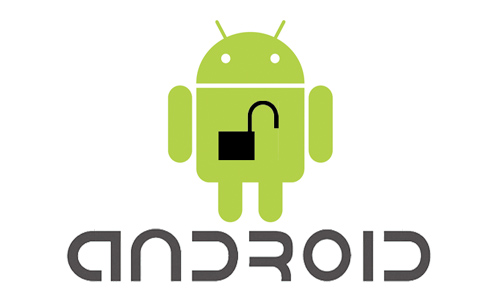If I had a dollar for every time an Android user verbally assaulted me for using an iPhone, I’d never have to buy my own drinks again. However, the same sheeple who call Apple’s platform a “walled garden” and tout the open-ness of their own platform fail to realize a certain critical point: Google’s so-called openness is not quite what it seems.

Even Microsoft and Apple have come together in agreement over this issue (with WebM as the subject rather than android)! Instead, I propose that Google’s claim to open-ness is nothing more than a façade – a PR-friendly pulling of the wool over the eyes of the unsuspecting masses.
I’ll cite some examples from practices with their Android platform (although there are certainly other examples as well, especially their current controversy over dropping support for h.264 in Chrome).
Consider the following:
- Although there is no “formal” approval process, apps are still approved before they are added by Google, and still have to be held to certain standards, otherwise they risk being removed by Google.
- Numerous apps have been removed from the Marketplace for various reasons, some of them due to carrier requests, some of them due to Google’s indiscretions. They can also (and have in the past) remove the offending app from your device after you’ve purchased it. Here’s an example, and another, and another.
- Despite certain claims about Android’s security, frightening threats that would be easy to pass by Google still loom on the horizon.
- If you want an App, theme, or ability that is not provided by the Marketplace (such as a screenshot application that can be used without USB), you still have to modify your device (using a method such as rooting or baseband unlocking, the equivalent of iPhone jailbreaking) and install an alternative to the Marketplace to utilize it.
This system does not scream out to me to be particularly open. It certainly appears open from the outside perspective, due to the Android Market being a degree more lax in it’s approval process than, for instance, Apple’s App Store; but what the general public fail to realize is that first, this is not true open-ness, being subject to a process of application restriction, and having a user restriction process present from the outset (requiring users to root their devices to make certain types of changes to the device), and second, their app store techniques make the platform significantly less secure by allowing any app to initially appear until it’s proved itself harmful.. There’s also the matter of a much greater number of buggy and dysfunctional apps being present in the app store, and there are few standards or guidelines.
Now, to be clear, I’m not hating on Google or Android here. I have used and LOVED a Nexus S, and overall I find Android to be a very functional, user friendly and beautiful platform that is certainly capable of competing fiercely in the smartphone market. My point in writing this article is merely to make clear the idea that while Android is a great platform, people should not put too much stock in their Savior promises of a free and open, yet extremely secure platform. The platform, however delightful, does fail to be a truly free, open, and secure platform. And no, it really can’t do anything significant that my iPhone cannot.
With that, I now proclaim my admonition to smartphone users everywhere: I use an iPhone 5, which I very much like. I also have a Lumia 920 and a Droid DNA that I very much like. iPhone brethren: please do not accost me for owning and loving an Android device. Android brethren: When you see me using my iPhone, please don’t take the time to tell me why my phone sucks and your phone doesn’t. To all smartphone users: If you don’t like my phone and want to challenge me, have some fun and challenge me to a duel. I’ll gladly accept, and you might even win! But it’s beside the point – both platforms are incredible.
Can’t we all just drop the dogma and coexist?


